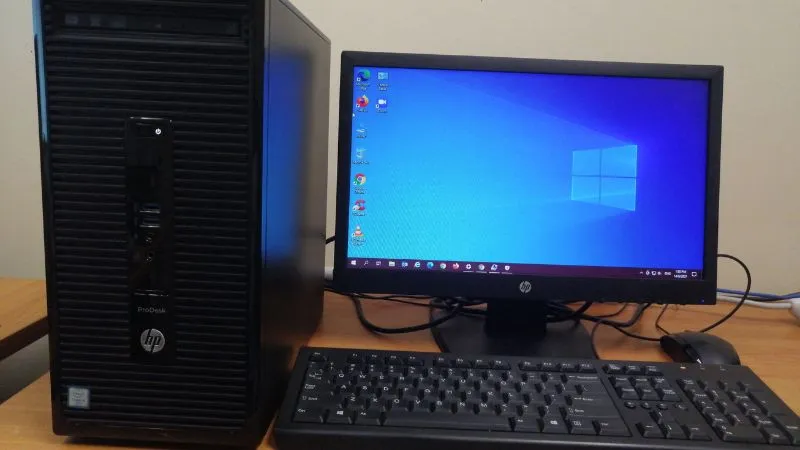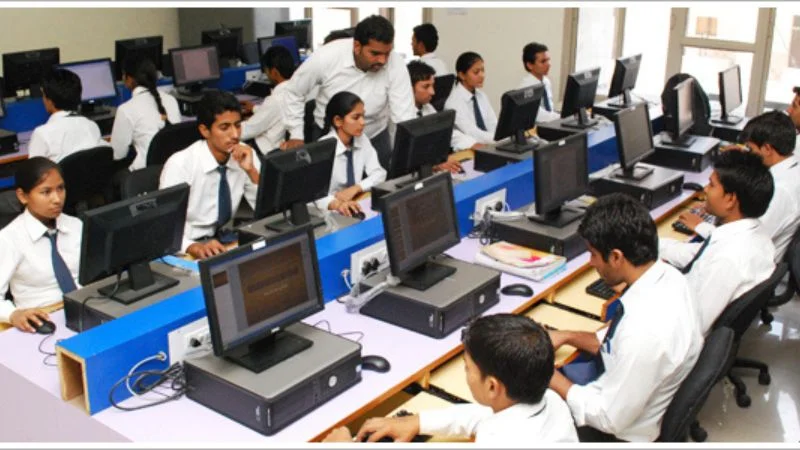10 Tips to achieve financial wellness

10 Tips to achieve financial wellness
Introduction:
Financial health is a lot like physical health. The more you understand about your money, the better you can manage it. By taking small daily steps to build habits and strengthen your skills, you can achieve financial wellness over time. Here are some tips to help you get started:
Create a realistic budget:
To achieve financial wellness, you must first create a realistic budget.
Define your goals:
What are the most important things you want to do with your money? Do you want to pay off credit card debt, save for retirement, or build an emergency fund?
Understand your income and expenses:
You can't create a budget until you know what's coming in and going out of your checking account. Get all the statements from every account—savings, checking, student loans, etc.—and make sure they're up-to-date.
Use a budgeting tool:
There are many online tools available that help users track their spending habits and create budgets based on their unique circumstances (like Mint). If that sounds like too much work of its own right now, consider using pen-and-paper or even Excel spreadsheets instead; just make sure whatever tool(s) work best for your situation will allow all the relevant information into one place so it's easy to see where each dollar is going at all times without having to go through multiple places before finding out everything about how much money was spent on groceries last week versus going out Friday night with friends!
Make a financial plan:
Making a plan to achieve financial wellness should be simple and easy to understand. Your plan should be tailored to your needs and reviewed regularly. It should also be flexible, realistic, and based on your goals.
Pay off your credit card every month:
This may seem obvious, but it’s the most important thing you can do. Paying off credit cards is a form of financial wellness that will help you achieve other goals in life and make you feel better about yourself. It also has a great effect on your credit score, which can have an impact on things like getting a mortgage or renting an apartment. This means that if you pay off your credit card debt as quickly as possible, then even if something goes wrong in life and forces you to use that card again (such as losing your job), having already paid off all of the debt on it will make it much easier for some lenders to be willing to grant new lines of credit later down the road when necessary—which is good because paying for things like rent or food with cash is difficult when there isn't any income coming in!
Save for the future:
The first step to achieving financial wellness is saving for the future. When it comes to saving, there are two main goals:
Saving for retirement:
You may be able to receive Social Security benefits, but this will only cover a portion of your expenses in retirement. It's important that you save as much as possible so that you can enjoy life without worrying about how you will pay the bills or if there will be anything left over for emergencies.
Saving for specific needs and goals such as an emergency fund or college savings account (for children). It's hard enough managing day-to-day expenses without having to worry about unexpected situations popping up, like car repairs or medical bills—and unfortunately, these things happen! Having an emergency fund set aside will help ensure that none of these scenarios leave a dent in your finances; otherwise many people go into debt just trying to keep up with their bills each month which leads them down a slippery slope where they become slaves to credit card companies instead of being free from debt forever! If we don't prepare ourselves today then one day later might be too late...
Build an emergency fund:
Building an emergency fund is one of the most important steps to achieving financial wellness. It’s also a great way to learn how to save money, which can be challenging for some people.
An emergency fund should be used only in times of true crisis, such as when your car or house needs repairs or if you lose your job unexpectedly. Because emergencies are unpredictable, having an emergency fund ensures that you won’t have to resort to using high-interest credit cards or payday loans in order to cover unexpected expenses. When building an emergency fund, it’s important not only to have enough money saved up but also to access it easily when needed.
Here are some tips for creating and accessing an emergency fund:
Set up automatic bill payments:
We all have bills we need to pay. Whether you've moved and changed your address, or simply want to simplify your life and make sure you never forget a payment again, setting up automatic bill payments is a great way to help keep you on track.
Set up automatic bill payments for all your bills. Even if it's just one bill at first—it's never too early or too late to start!
Make sure that the amount of money coming out of your account when each payment is due is roughly the same as what it was before using this method, so you don't accidentally overdraw or transfer funds from another account that may not be able to cover it. That would be bad!
Track your spending:
You might not think you spend much, but the truth is that we all do. It's easy to get carried away and spend more than we should on things. So before you know it, your money can be gone in a flash. This is why it's important to keep track of how much you're spending each month so that you can see what areas need improvement most. The good news is there are several ways to do this!
Use an app:
There are plenty of budgeting apps out there that will help you stay organized and track your spending easily. If you're looking for one specifically for tracking expenses, consider checking out Mint or Wally (both free apps). These apps can automatically import transactions from your bank account so they'll be accurate from the start—no more manually entering every receipt into Excel! They’ll also let you add categories so that each purchase falls into one category or another; this makes tax time easier since all purchases are categorized by category rather than just being lumped together under “miscellaneous." You could also try something like Tiller ($5/month) which was designed specifically for freelancers who need quick access to their income numbers at any time during the month without having to log in daily as other platforms require."
Review bank and credit card statements regularly:
You should review your bank and credit card statements regularly, as well as check for suspicious activity. If you do find something unusual, reach out to customer service immediately. This will ensure that they help resolve the issue quickly and get you back on track with your budget.
Your spending is also a key factor in achieving financial wellness. To keep track of how much money you’re spending each month, create a record of all purchases made during the month (including cash and checks). Then compare it to your income at the end of the month – if there is more money going out than coming in, then it may be time to cut down on expenses or increase your salary!
Educate yourself about money management:
There are many ways to get educated on money management. You can read books and blogs, attend seminars and courses, or even work with a financial coach. But the most important thing is that you learn from as many different sources as possible.
For example, if you ask 100 people how they approach their finances, there will be at least 100 different answers! In fact, some of those answers will contradict each other (e.g., “always pay off the credit card balance in full each month” vs “only pay off your highest-interest debt first”). And that's OK! It just means we need more information so that we can make an informed decision on what works best for us individually as well as financially speaking.
Protect your money by securing your devices and personal information:
Many people are not aware of the risks associated with their devices, and these risks can be devastating to their finances. Use a password manager to ensure that all of your usernames and passwords are strong and unique across all platforms; use two-factor authentication on every account you have with sensitive information (like banking or email); use a VPN when connecting to public Wi-Fi or signing in from an unfamiliar location (VPN stands for “virtual private network”). These precautions will keep hackers out of your system if they do find a way into one account – but only if you take them!
Money doesn't have to be hard to manage. It's helpful to get on top of it rather than hide from it. Money is a tool that can help you achieve your goals. It doesn't have to be hard to manage. It's helpful to get on top of it rather than hide from it. If this sounds like a lot of work, think about how much time and effort you spend worrying about money problems and what would be possible if that energy were used elsewhere.
Conclusion: Financial wellness is key to feeling more in control of your life and being more confident. It doesn't have to be difficult, which we hope this article has shown you. We are always here if you need additional support – our coaches can help with anything from creating a budget to understanding your investment options and more. Remember, one size does not fit all when it comes to financial health!


